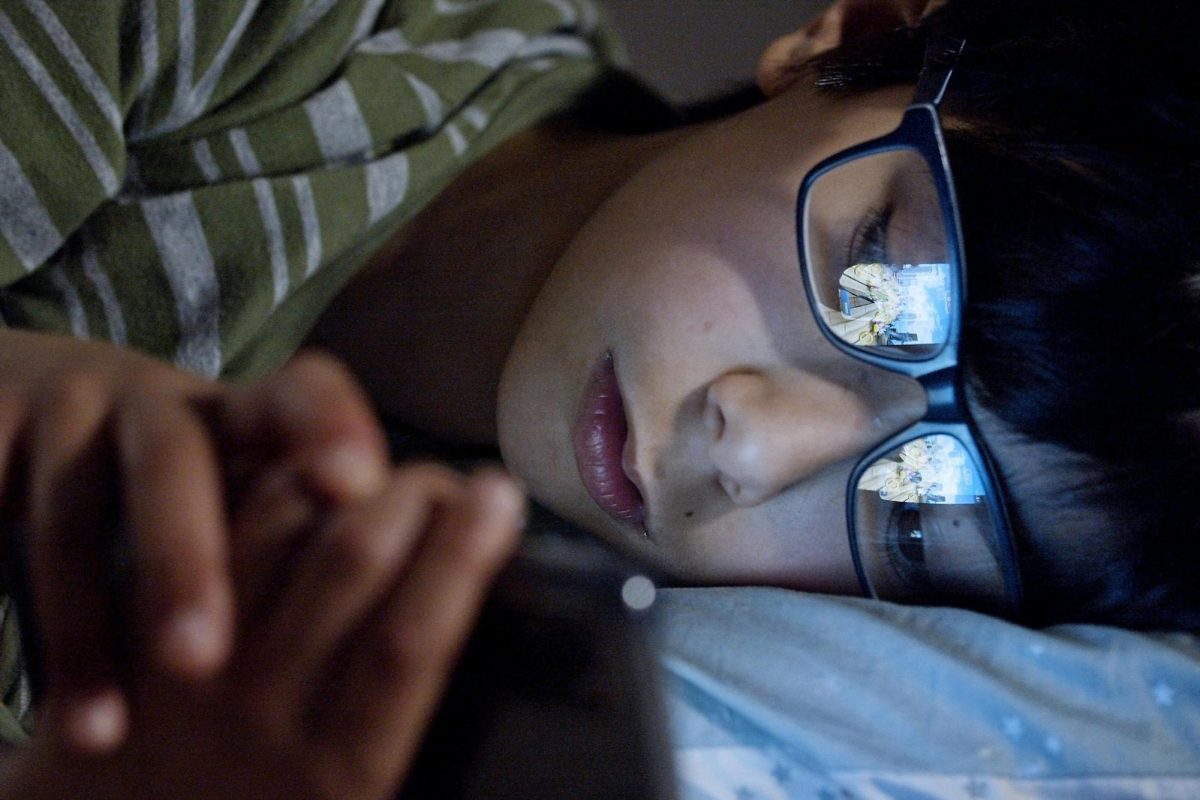As a teen, who is regularly ridiculed for going to bed early, I sometimes consider changing my approach to sleep in order to “fit in” with the norms. But why should I?
Is going to bed late engrained in the culture of teenage kids, and is it causing a widespread epidemic of all-nighters?
I know most of you have heard it before but sleep is crucial to health, and even more crucial for adolescents. An article from the CDC stated “Children and adolescents who do not get enough sleep have a higher risk for many health problems, including obesity, type 2 diabetes, poor mental health, and injuries” furthermore, “They are also more likely to have attention and behavior problems, which can contribute to poor academic performance in school”.

Yet the issue arises not with students getting less sleep, but with students having access to the open internet. Very often, kids will be done with homework and responsibilities and will feel tired, but they cannot go to bed without a quick scroll, believing it would be harmless. Therefore, many kids fall into the rhythm of scrolling late at night, causing them to fall down an endless hole of dopamine hits.
Two hundred eighty Darien High School students responded to a poll about sleep, over twenty percent of students report that they go to bed after 12 AM, and on average will wake up at 6:30 AM. Twenty percent of students are getting less than 7 hours of sleep when the bare minimum recommendation is 8 hours of sleep. Furthermore, fifty-five percent reported zoning out in class and falling asleep. These results demonstrate that habits before bed translate into the school day, with many kids zoning out and falling asleep. Distracted kids are not focusing on the content given and may fall behind, all because of sleep habits.
In addition, seventy-two percent of students admitted they were on their phones 30 minutes before bed.

The National Institute of Health stated that extended periods of screen time before bed can cause you to be unable to relax for up to 3 hours at a time. That along with your brain’s constant need for dopamine hits will have you up all night long.
Solving this issue goes deeper than just fixing habits. It is about fixing a culture. In today’s age, everyone and their mothers are on social media. When the time comes for students to go to bed, kids get wrapped into the world of social media, gripped by the intriguing conversations with their friends, and the fear of missing out.
It becomes hard to put down the phone, with many saying “I’m just waiting for a response” or “Just one more video can’t hurt” but how often is that really true. Most likely not often at all. I can imagine that most of the time many end up waiting another hour for a response or scrolling for 50 more videos.
So unless students can suddenly become strong willed and power off that phone before bed then it will take a large shift in the culture of students for sleep to become a priority.







